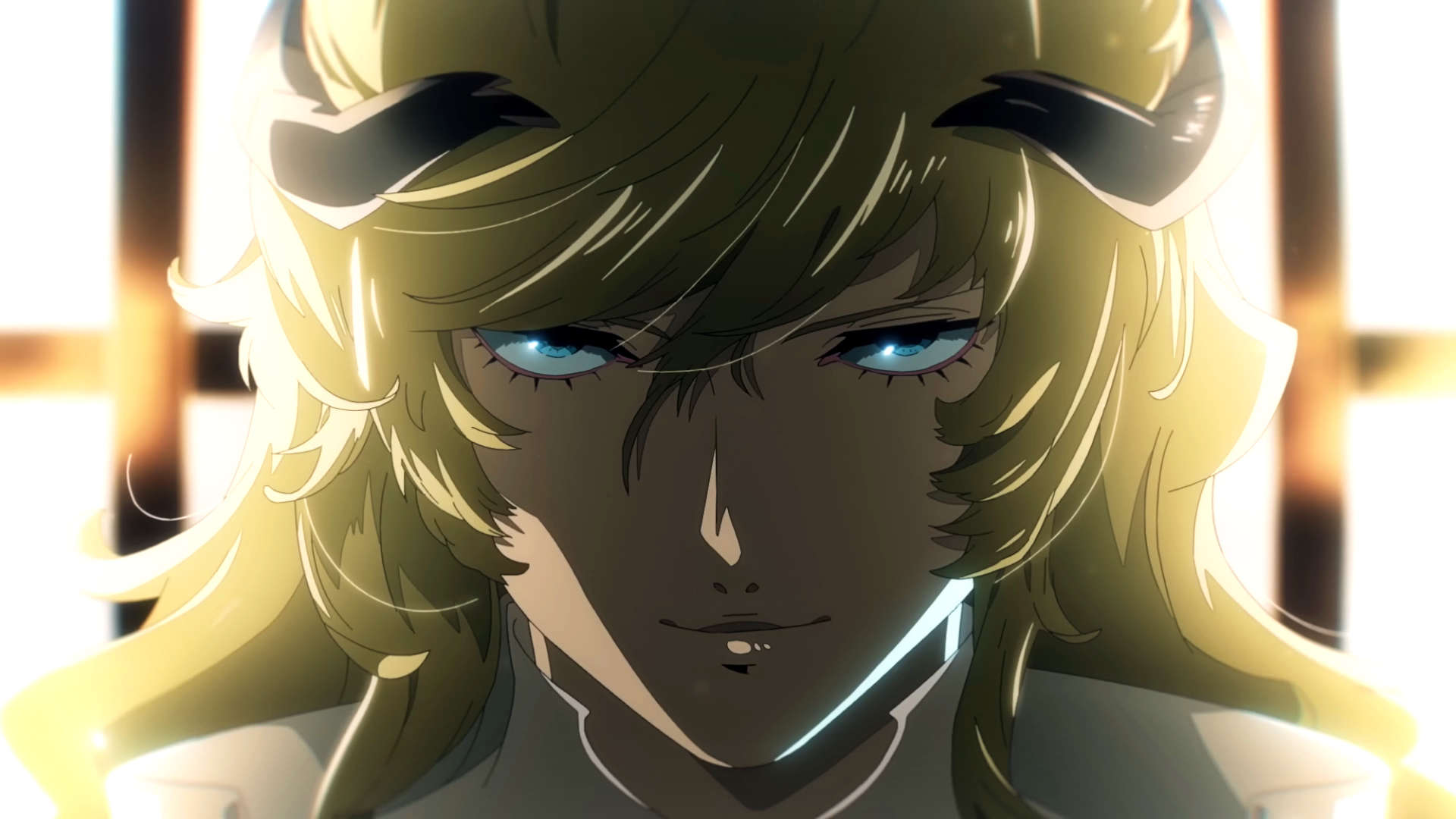- Published on
Metaphor: ReFantazio is yet another 80+ hour JRPG from Atlus, but its director says the studio 'didn't want to bore our players by keeping it the same the entire time'
Metaphor: ReFantazio, a new JRPG from Atlus' Studio Zero, is a lengthy and story-rich game, comparable to the Persona series, featuring a calendar system and a surprising amount of twists and turns that make it feel like a unique blend of familiarity and originality.

Metaphor: ReFantazio marks the beginning of a brand-new title from Atlus' Studio Zero, but the new JRPG is definitely following in the footsteps of the Persona series when it comes to its length and sheer story depth.
Speaking in a recent interview with Xbox, legendary director and producer Katsura Hashino admits that Metaphor: ReFantazio is "a pretty voluminous game." According to the lead, the developers "really hoped to keep it very exciting" despite how long it is – a whopping 80 to 90 hours or so. "We didn't want to bore our players by keeping it the same the entire time." That's why the story boasts plenty of "twists and turns," says Hashino.
"By the time it takes you to beat the game, which is going to be a fair amount of time – it's a pretty voluminous game – we've tried to continue to surprise our players in both the system and the twists and turns the story takes." As someone with a good few hours in-game already myself, I'd argue that the devs have certainly accomplished this – and our Metaphor: ReFantazio review expands on just how they managed to do so.
The JRPG's impressive size isn't the only feature reminiscent of Atlus' other beloved titles, either. It borrows Persona's iconic calendar system, too, meaning that players can easily lose almost 100 hours in-game doing everything from spending days in dungeons to exploring the city at night. Overall, it can be said that Metaphor: ReFantazio feels as though it both is and isn't a Persona game* *– in the best, most Studio Zero way possible.